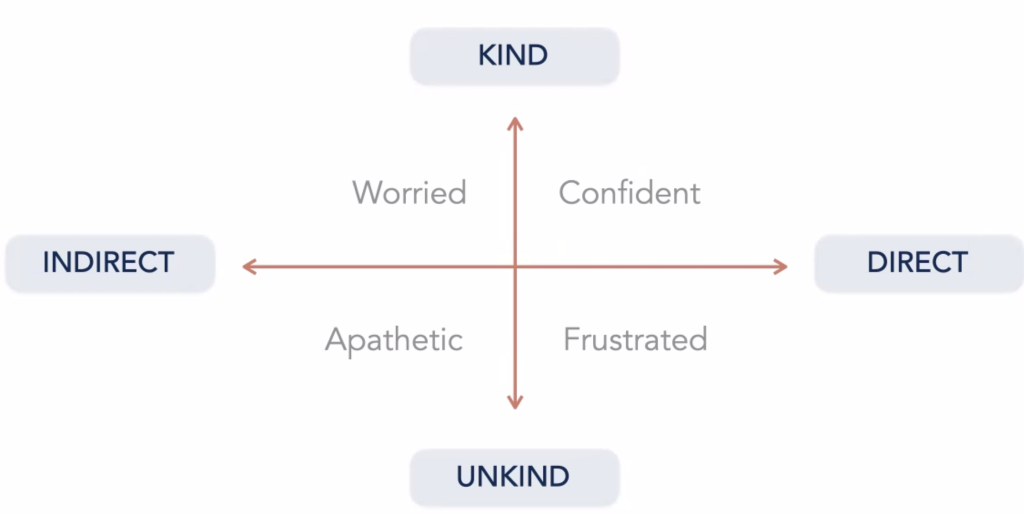Hearing criticism is something that makes everyone angry or defensive but is there any way we can make this process easy and helpful for the listener. Whenever someone gives us feedback or criticises us, we should consider it a good opportunity to know where we are not doing wrong and how can we improve ourselves in being a better version. In this article, we will talk about how to give and receive feedback without offending someone.
This is going to help you in your professional life as well as your personal life. It is our day-to-day life part when we don’t like something and want to give the feedback to the person so that he or she can improve and we will be in the peace but we always refrain as long as we can because we are not sure how that person will receive the feedback although we have good intension however our selection of words and way of communication can be different and it can redirect the conversation in some different direction.
If we talk about the confident communication model, there are four-quadrant, the first is between the kind and indirect; in this situation we are worried. The second quadrant is between indirect and unkind, here we are apathetic, and the third is between direct and unkind, in this situation we are frustrated. The final one is between kind and direct, this is the desirable situation we are confident in what we are speaking about.

When we are giving feedback, make sure we are in a state of confident communication. We never know what that person is going through. Sometimes a tiny iceberg outside the water can be huge inside so let’s be empathic about that person. We should first set up the agenda for the feedback and ask an invitation question. We are making sure that person is ready to listen and in the mood of taking feedback otherwise, you are just wasting your time. You can start your conversation something like this…
” Hey John, I wanted to see you grow and be successful. I have some feedback for you that will help you to be a better version of yourself. Can we meet next week to discuss them? “
When you meet to provide feedback, your feedback should be well structured. The first part should be the stats and facts, not your opinion and assumptions. The second part will be about your feelings and finally an open-ended question. Eg.
- I noticed our project partners asked for a draft plan on Wednesday but it was sent on Friday without a prior note to let them know it would be delayed.
- I was a bit concerned to see this
- because it could impact their sense of how reliable we are as a team, and could impact our ability to keep to schedule.
- What happened from your perspective?
If we talk in this format, this will make a huge impact on the life of the person who is receiving it without being defensive. In the above example, we are kind and direct so this shows confidence.
In our next blog, we will talk about how to receive feedback. You can read it here.
Let us know your thoughts on this. If you have any questions or suggestions let us know by posting in the comment section below.

Leave a Reply